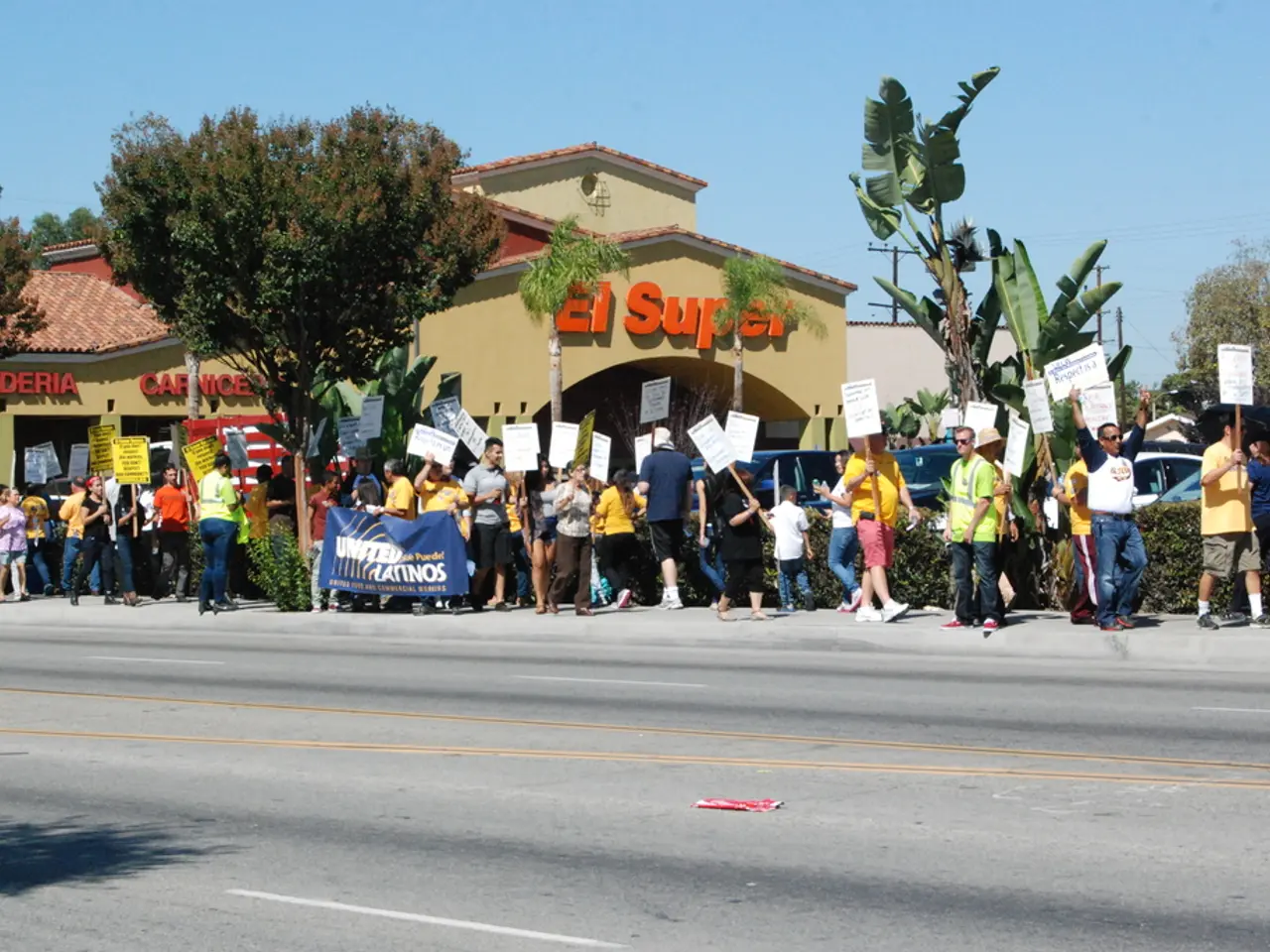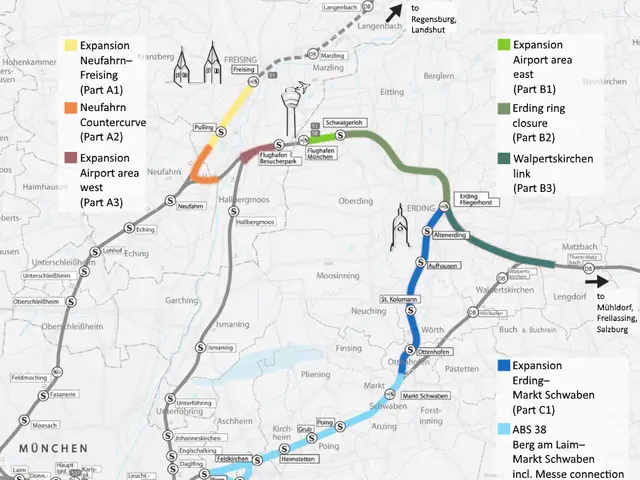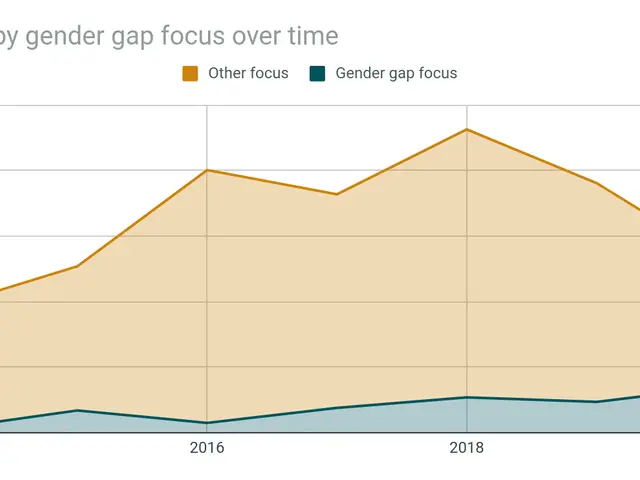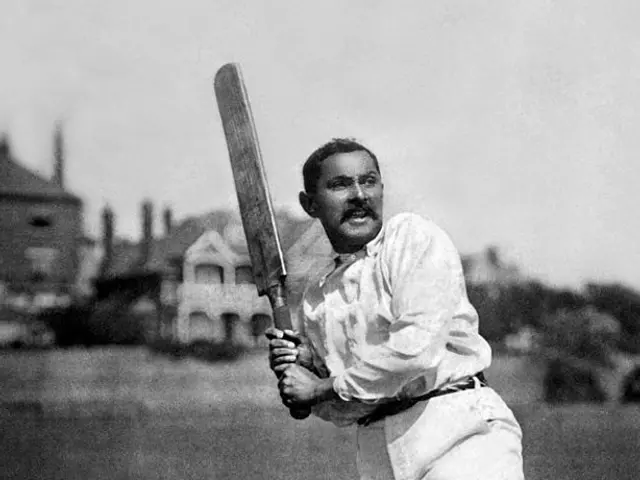Race for 2026 lieutenant governorship potentially reliant on local political relationships
In the upcoming 2026 Alabama election, the race for lieutenant governor is expected to be one of the most competitive, pitting two popular statewide officeholders against each other: Secretary of State Wes Allen and Agriculture Commissioner Rick Pate.
Wes Allen, a native of Tuscaloosa, has a unique background in Alabama politics. Born and raised in Tuscaloosa, he moved to Troy in his early 20s and later represented Pike/Dale counties in the House for four years. His political career took a significant turn when he was appointed Probate Judge of Pike County by Gov. Bob Riley, a position he held before becoming Secretary of State. Allen's popularity in Pike County grew during his tenure as Probate Judge, and he was later elected statewide.
Allen's local roots and personal connections are key strengths in Alabama's political landscape, where the "friends and neighbors" style of politics remains very important. His father, Gerald Allen, a popular Tuscaloosa State Senator, has served in the House and Senate for four decades, further solidifying Allen's ties to the region.
On the other hand, Rick Pate, a lifelong resident of Lowndes County, leverages his deep community ties to his advantage. As former mayor of Lowndesboro and a successful agribusinessman, Pate's connections run deep in the region. His longstanding ties to Lowndes County could prove crucial in the election, as people often admire and like farmers.
Pate's ads may emphasise his role as Agriculture Commissioner, encouraging voters to think they are voting for him again for that position. Fundraising could also play a significant role in the election, as money is important in politics.
The contest will be close, with neither candidate currently holding a clear advantage. Allen has an advantage due to being listed first on the ballot, as candidates are listed alphabetically. However, Pate's local ties and current position as Agriculture Commissioner could offset this advantage.
The "friends and neighbors" style of politics, where personal connections, local reputations, and direct voter contact strongly influence electoral outcomes, remains a key driver in Alabama state elections. Candidates who are well-known and liked within local communities can build trust and support that prove crucial in competitive races.
This grassroots approach was evident in the 1946 Alabama Governor's race, where Big Jim Folsom won due to his two home areas. Folsom built the first major road around Dothan, which he named for his Uncle Ross Clark, further strengthening his ties to the region.
In summary, success in Alabama state elections, including the lieutenant governor race, often hinges on a candidate’s local reputation, personal accessibility, and deep community ties—hallmarks of “friends and neighbors” politics. The 2026 lieutenant governor race is no exception, as both Allen and Pate leverage their local connections and reputations to win over voters.
Policy-and-legislation discussions regarding the 2026 Alabama election are likely to focus on the competitive race for lieutenant governor, where Secretary of State Wes Allen and Agriculture Commissioner Rick Pate are set to go head-to-head. The outcome of this race may be influenced by the "friends and neighbors" style of politics that dominates in Alabama, with Allen's local roots and deep ties to Pike County, and Pate's community ties from his time as Lowndesboro's mayor and agribusinessman, both serving as key strengths. General-news reports suggest the contest will be closely contested, with neither candidate currently holding a clear advantage.








